INCENDIES (2010)
Twins journey to the Middle East to discover their family history and fulfill their mother's last wishes.
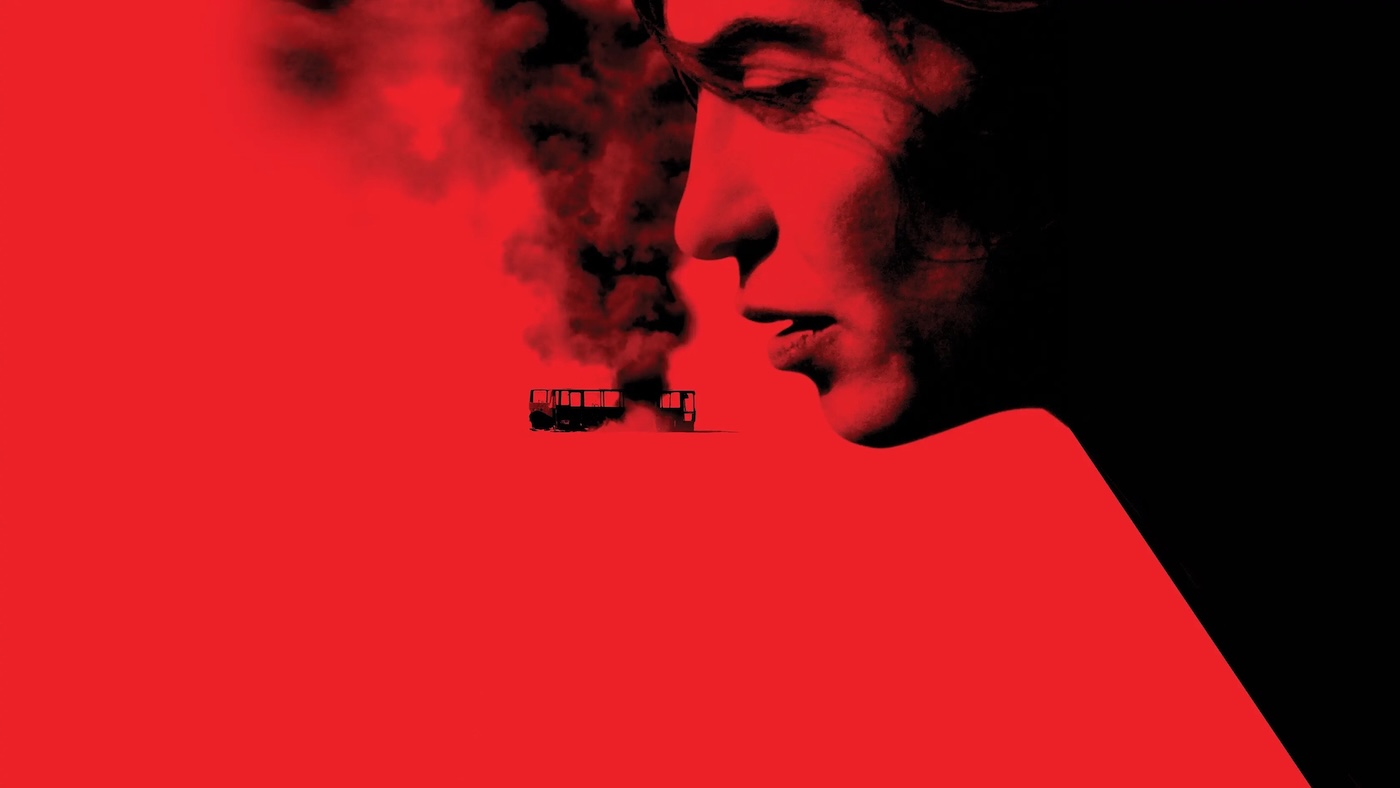
Twins journey to the Middle East to discover their family history and fulfill their mother's last wishes.

Denis Villeneuve’s Incendies is about many things, so it’s a surprise that all of it’s so cohesive and seamless to watch. It’s the tale of a mother and daughter, separated by decades, attempting to navigate and make sense of a country wracked by violence. It’s the story of that conflict and the religious divides that helped spark it. It’s the interplay between past and present, between the memories we hold of loved ones and the people they really are (or were). It’s about how beholden we are to the past, where even the most valiant heroes can prove remarkably fragile against its bruising blows, however distant they may be.
Jeanne (Mélissa Désormeaux-Poulin) and her twin brother Simon (Maxim Gaudette) know nothing about their father or the kind of life their recently deceased mother Nawal (Lubna Azabal) had before she emigrated to Canada. So it’s a shock to learn upon Nawal’s death that not only have they been tasked by their mother from beyond the grave to locate their father, they must also track down a brother that they never knew they had. The pair will soon come to learn just how brutal and bloody this early portion of their mother’s life was.
Nawal’s death frames and kickstarts this narrative, with the film moving from a phenomenal opening scene featuring child soldiers having their heads shaved, paired with the Radiohead track “You and Whose Army”, to the twins meeting with family friend and notary Jean (Rémy Girard) to discuss their mother’s will. A disagreement between the twins is ever so briefly explored, with Simon implying a rocky relationship with his mother that is never meaningfully expanded on throughout the film. Refusing to carry out her last wishes, it’s up to Jeanne to return to the country of her mother’s birth (which is never specified, but bears strong parallels to Lebanon’s political history), with clever cuts between timelines as Jeanne and Nawal explore this fraught landscape.
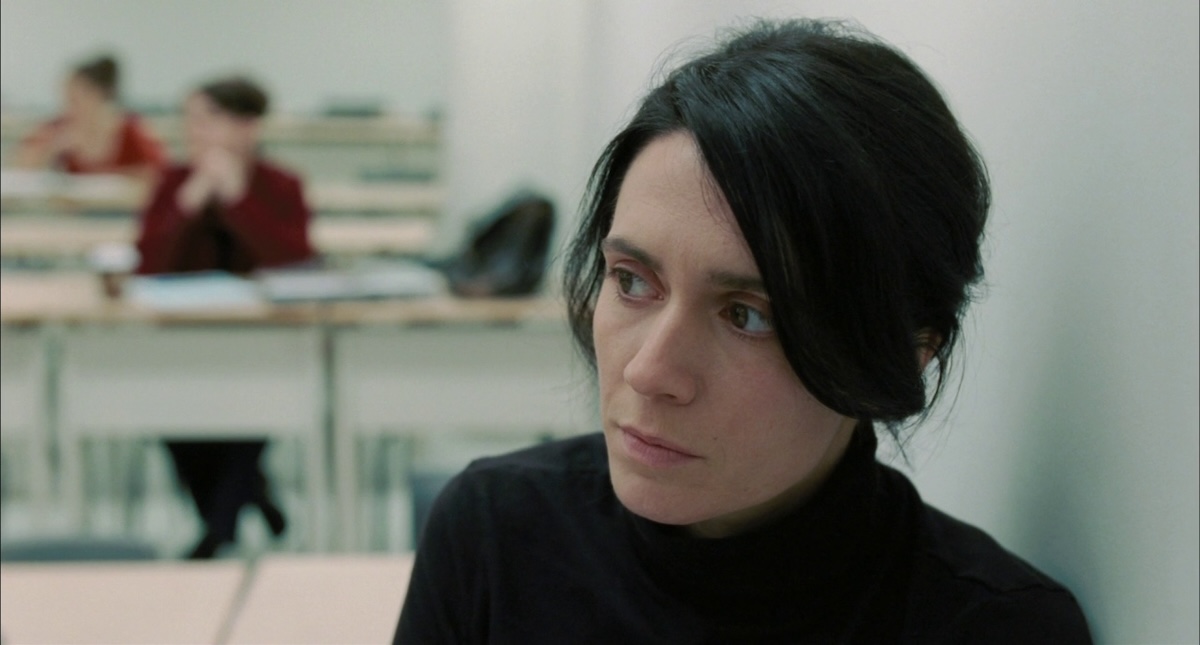
The interplay between past and present is a compelling dynamic that runs across almost the entire film, but a more seamless way of getting Simon to scurry out of the story could have given it more feeling. As it is, the twins aren’t characters at all. They are portrayed by two talented actors whose few lines of dialogue never ring out as false or dull, but we know nothing about their personalities. We don’t know what their relationship with their mother was like, and since it’s such a fundamental aspect of the film, a line or two of dialogue uttered upon her passing won’t cut it. We don’t know about their relationship with one another, any other living soul, or how they are attempting to live with their complicated grief.
Villeneuve, who adapted the screenplay for Incendies from the play of the same name by Lebanese-Canadian writer Wajdi Mouawad, viewed the story’s potential through the lens of a modern tale inspired by Greek tragedy, replaced all of the play’s original dialogue, and even considered making it a silent film at one point. The latter creative choice is the most confounding of all, as Incendies is one of a rare subset of films that could have benefited from flashback scenes providing some insight into Nawal’s later life.
As the film progresses, it becomes clear that it has something to say about the idea of there being many different forms of survival, and that you can still sacrifice huge chunks of yourself while having your life spared. Incendies has no interest in where that left Nawal, how she acted as a mother, or the complicated view her two children have of her. Answers to these important pieces of the puzzle are implied ever so slightly, then abandoned for good as the film dives headfirst into Nawal’s troubles.
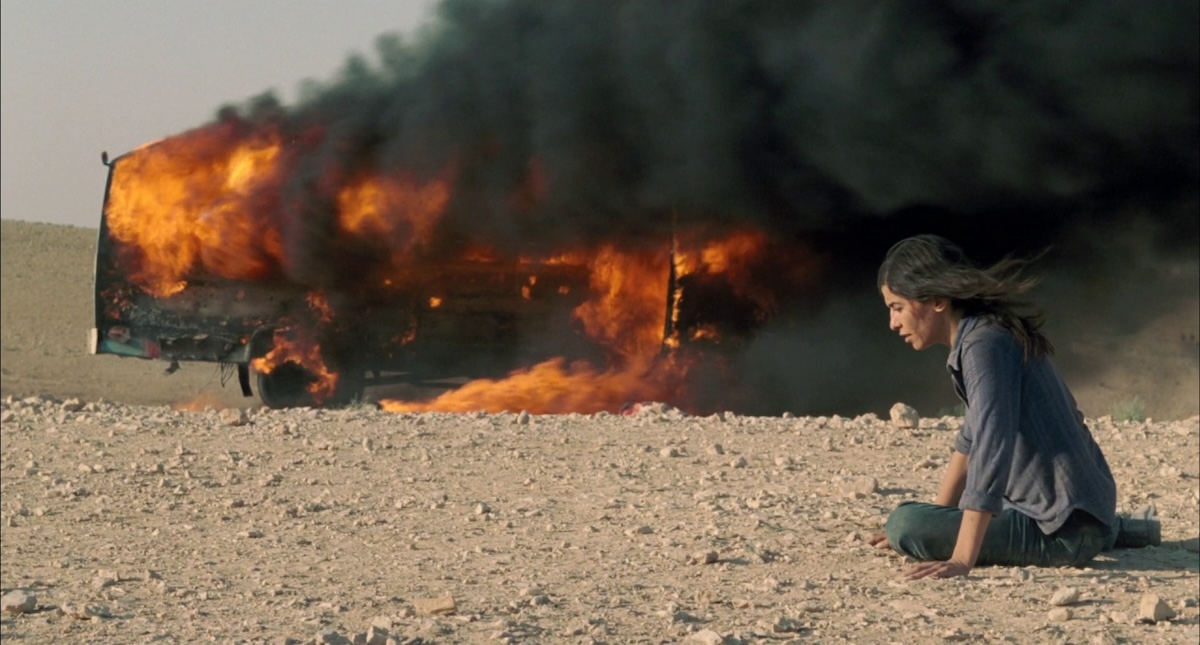
For this poor young woman, life is often a series of tragedies. Just like with her children, the roughest details of her life are gleaned before the story proper begins. Her lover, a refugee who brings shame to her Christian nationalist family, is killed right in front of her by her brother about 60 seconds after we’ve been introduced to each of these characters. Minutes later, she bears the child she was pregnant with and leaves for good, her family dismissing her after feeling that she has permanently dishonoured them. Some character introductions in films are merely rough sketches, but that seems more detailed than what is provided here.
It’s for these reasons that Incendies, for all the technical mastery Villeneuve showcases throughout it, left me cold for its first hour. Still, there’s no denying that the Canadian director is a wonderful technician, not just for composing gorgeous shots from just about any background, but for how he imbues them with feeling. Much later, when Nawal has finished undergoing the toughest test of her entire life, a lengthy shot portrays her at a distance in a car, while the leaves on nearby trees sway, dust kicks up into the air and scatters across the road, and the entire scene hums to a rhythm you can feel in your soul. You can almost sense the breeze in this sequence wash over your arms and legs. After over an hour is spent abroad, the story then returns to Canada and orients itself in a completely different landscape, forging a new visual identity within seconds through similarly gorgeous shots of a bleak, cold environment. These moments are moving because they tell their own story and patiently bask in this visual beauty to convey it.
But Incendies as a whole is too concerned with the particulars of its plot and the way it presents a veneer of measured, middlebrow cinema to depict a Greek tragedy of epic proportions. Just like with the beauty of the aforementioned shots, I wanted to sit with these characters for a time, experiencing the ever-changing landscape of memory and how its rough silhouette can gain clarity or vanish the more you consider it. Since Simon is absent, it’s up to Jeanne to resolve questions over the fate of her father and brother. She can only do this by unlocking the buried secrets of her mother’s past, which are so harrowing that it doesn’t take long to recognise that the person most worth discovering is this recently deceased woman. But there are other questions snaking through this quest as Jeanne re-contextualises every assumption she had made about Nawal. Or does she make any assumptions? One has to presume this is the case, but with no way in to glimpse the development of this thought process, there’s little here for the viewer to investigate.
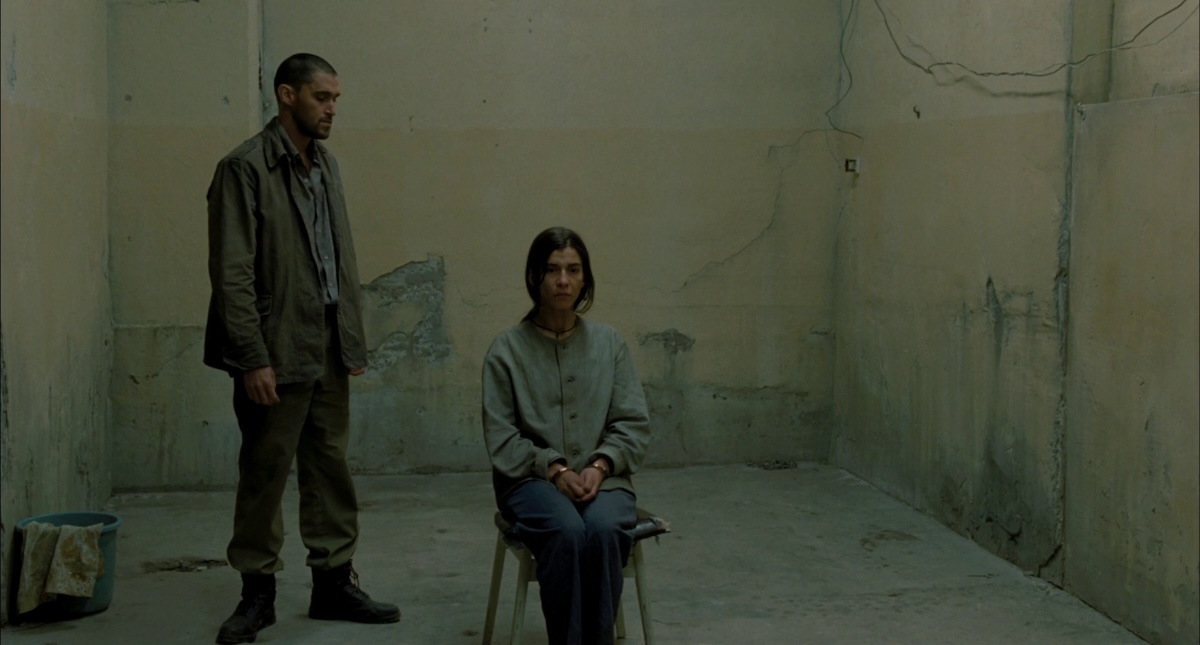
Thankfully, viewers are gradually guided towards the centre of this mystery while being supplied with enough drama in the way of unanswered questions to make this story intriguing (not that correcting any of the film’s aforementioned gaps in characterisation would hamper this). Azabal delivers a beautiful, moving performance that displays the various shades of defiance, grounding this epic tragedy through her grief-stricken and determined expressions. For all its many instances of duality, it’s Incendies’ ending that speaks to its most shocking and moving example of them all, in a twist so earth-shattering—conveyed through a gasp that reverberates around one’s soul—that it makes for an unforgettable dénouement which redeems its flaws.
While I still maintain there are important passages—chapters even—of this story that go ignored, it’s a gut-wrenching, twisted, and sometimes gorgeous representation of the idea that death is far from the end of our stories. It’s only after Nawal’s passing that some of the most important parts of her life come to the fore, a generation of trauma is unearthed, and a chance to stop this soul-crushing cycle of violence and hate is offered up.
This is the film that presented Villeneuve as one of the keenest visual composers of his time, a quality that still goes underappreciated. He can make even the most ordinary of backdrops look lush and textured. It’s no wonder that he was presented with big budgets from hereon out, and while it’s nothing short of spectacular that a director as talented as this is able to realise his creative visions on such a grand scale, this haunting drama is one of many reminders that this is where he’s at his grounded best. One can only hope that the Dune films and the franchise they have already spawned won’t keep him away from such emotive material for the next decade.
CANADA • FRANCE | 2010 | 130 MINUTES | 1.85:1 | COLOUR | FRENCH • ARABIC • ENGLISH

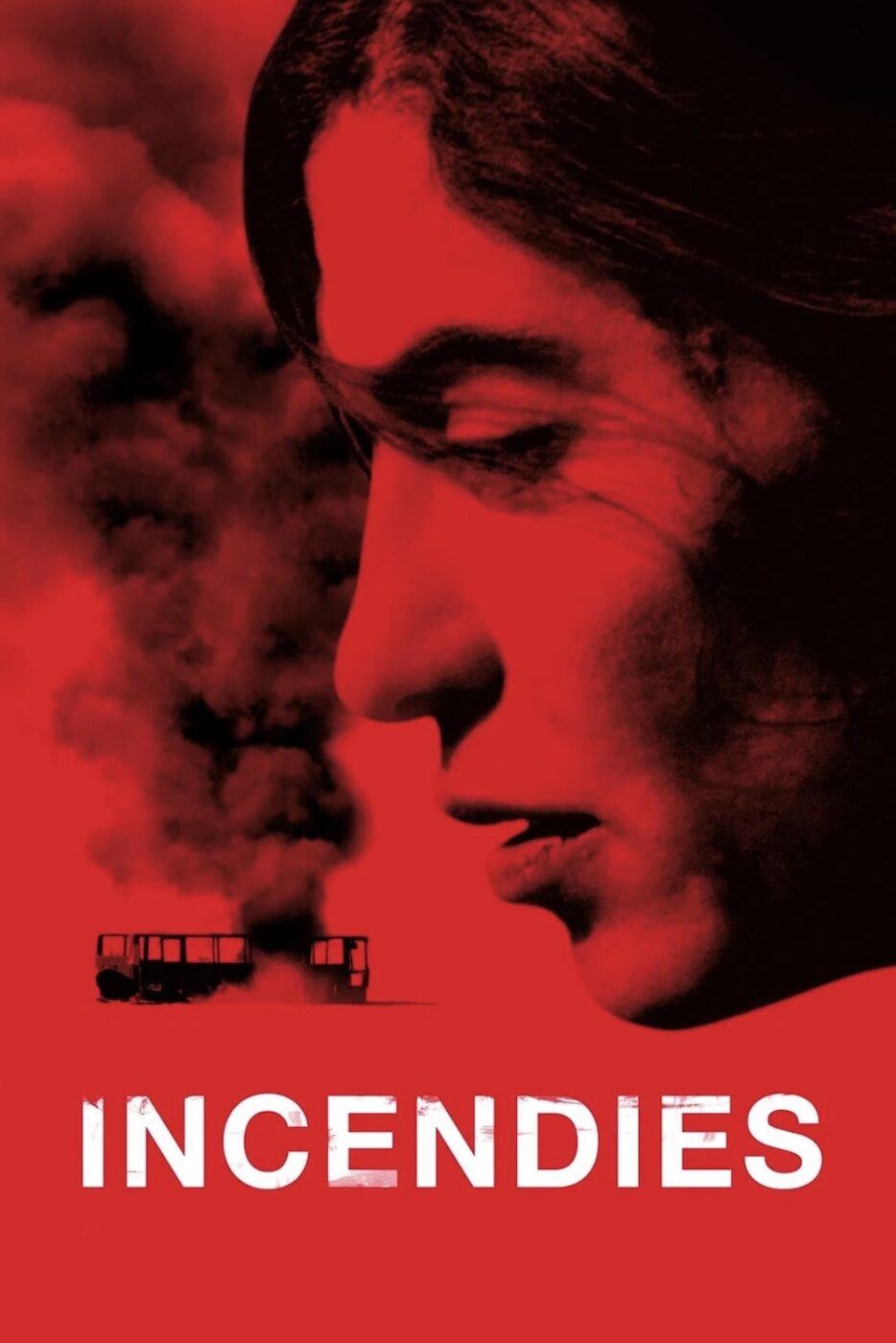
director: Denis Villeneuve.
writers: Denis Villeneuve & Valérie Beaugrand-Champagne (based on the play by Wajdi Mouawad).
starring: Lubna Azabal, Mélissa Désormeaux-Poulin, Maxim Gaudette, Rémy Girard, Abdelghafour Elaaziz, Allen Altman, Mohamed Majd, Nabil Sawalha & Baya Belal.
